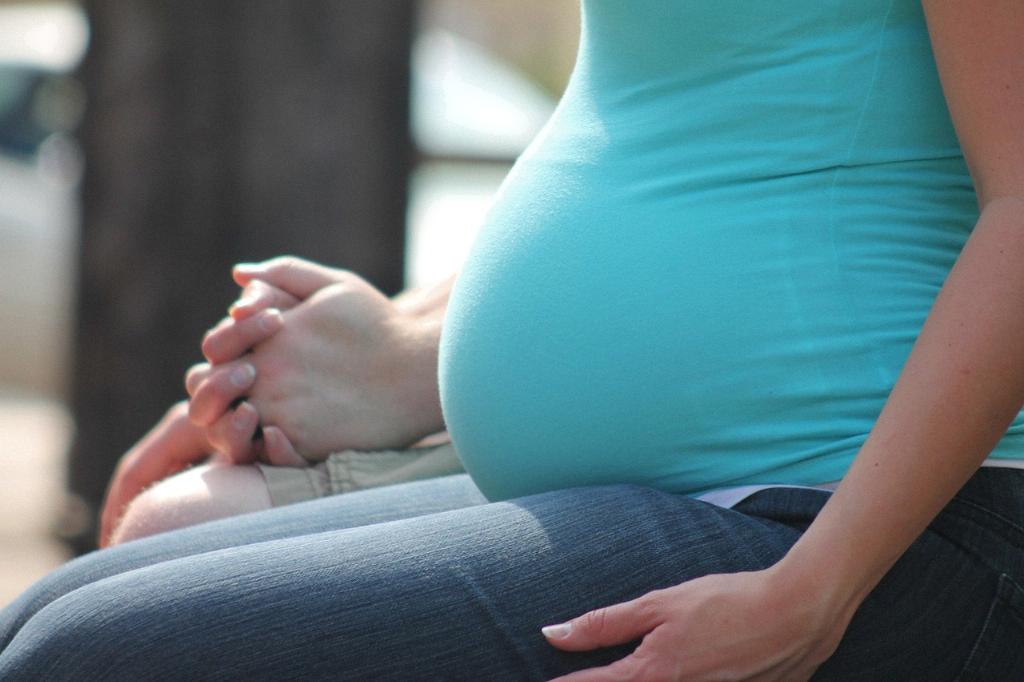When it comes to rectal bleeding during pregnancy, it can be a cause for concern for many women. It’s understandable that any bleeding during pregnancy can be alarming, but the good news is that in most cases, bleeding from the anus is considered normal during pregnancy. In fact, research suggests that rectal bleeding affects approximately 40% of pregnant women, with common causes being benign perianal conditions such as haemorrhoids or anal fissures.
Haemorrhoids, also known as piles, are swollen blood vessels in the rectal area that can cause discomfort and bleeding during bowel movements. They are quite common during pregnancy due to increased pressure on the rectal veins from the growing uterus. Anal fissures, on the other hand, are small tears in the skin lining the anus, which can also lead to bleeding.
While bleeding from the anus is often benign and related to these common conditions, it’s essential to be aware of the red flag clinical and biochemical features that may indicate a more serious underlying cause. These red flags include persistent or heavy bleeding, accompanying abdominal pain, fever, or changes in bowel habits. If you experience any of these symptoms, it’s crucial to seek medical attention promptly.
It’s important to differentiate between benign causes of rectal bleeding and potential serious conditions such as inflammatory bowel disease, colorectal cancer, or gastrointestinal infections. Although these conditions are less common during pregnancy, they can still occur and require proper evaluation and management by healthcare professionals.
Pregnant women experiencing rectal bleeding should not ignore this symptom or attempt self-diagnosis. Consulting a healthcare provider is vital to determine the underlying cause of the bleeding and ensure appropriate treatment. Your healthcare provider may perform a physical examination, review your medical history, and order additional tests if needed to diagnose the source of the bleeding.
Managing rectal bleeding during pregnancy may involve conservative measures such as increasing dietary fiber intake, staying hydrated, and practicing good bowel habits. Over-the-counter topical treatments or medications may also be recommended to alleviate symptoms of haemorrhoids or anal fissures.
It’s essential for pregnant women to prioritize their health and well-being during this crucial time. While rectal bleeding can be distressing, understanding the common causes and risk factors associated with this symptom can help alleviate anxiety and empower women to seek appropriate medical care when needed.
In conclusion, rectal bleeding during pregnancy is a common occurrence, often attributed to benign perianal conditions like haemorrhoids and anal fissures. While most cases of rectal bleeding are not indicative of serious health issues, it’s essential to be aware of red flag symptoms and seek medical attention if needed. By working closely with healthcare providers and following recommended management strategies, pregnant women can effectively address rectal bleeding and focus on maintaining their overall health and well-being.

